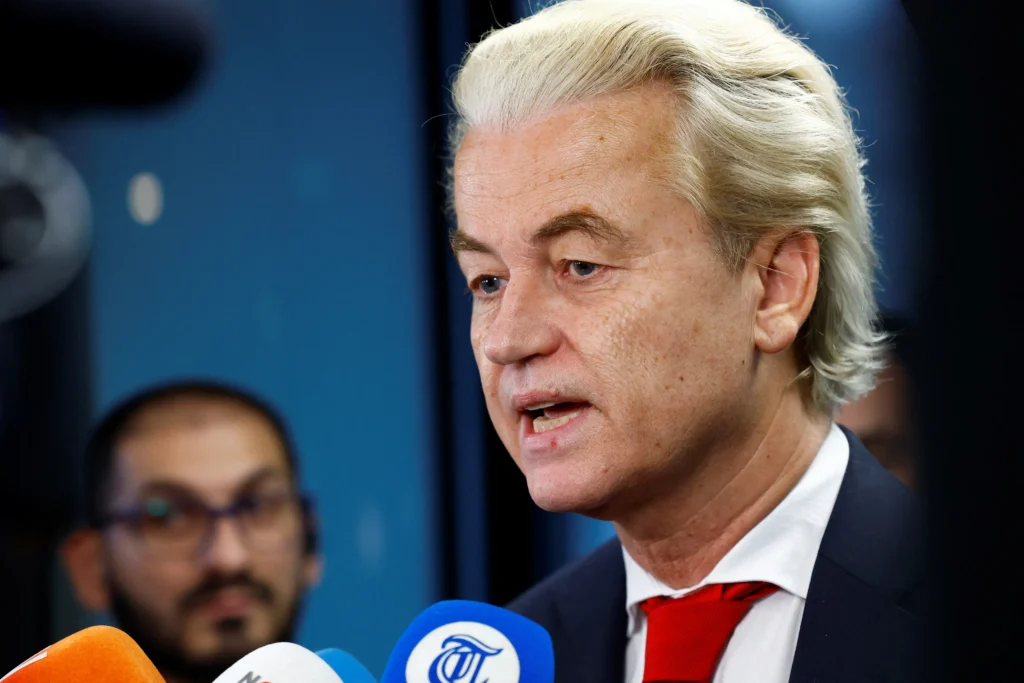The Dutch coalition government has collapsed following the sudden withdrawal of Geert Wilders’ far-right Freedom Party (PVV) over unresolved tensions surrounding immigration policy.
Wilders’ dramatic exit has triggered the likely prospect of early national elections, less than a year after the coalition was formed in July 2024.
A last-ditch meeting held on Tuesday morning, led by Prime Minister Dick Schoof, aimed to salvage the fragile alliance. However, talks ended almost immediately when Wilders abruptly left the room, effectively dissolving the coalition.
At the center of the fallout were ten additional asylum-related demands from Wilders, which included halting new asylum applications, ceasing the development of refugee shelters, and limiting family reunification for migrants.
“No signature for our asylum plans. PVV leaves the coalition,” Wilders posted on X, confirming his party’s exit.
The announcement took many by surprise. Several coalition members expressed disbelief, noting that many of Wilders’ proposals were already addressed in the coalition agreement. Legal constraints were cited for excluding some of the more extreme measures he proposed.
Critics argue that Wilders deliberately orchestrated the collapse. The PVV held the largest share of seats but governed alongside three other parties: the center-right VVD, the agrarian BBB, and the centrist NSC.
VVD leader Dilan Yesilgoz condemned the move as “super irresponsible,” adding, “This wasn’t really about asylum.” BBB’s Mona Keijzer, Deputy Prime Minister, accused Wilders of “betraying the Netherlands.”
Meanwhile, opposition figures welcomed the coalition’s downfall. Socialist Party MP Jimmy Dijk declared that the country was “liberated from a political hostage situation,” criticizing the alliance as “four right-wing quarrelsome parties that achieved nothing.”
Economists have downplayed the immediate financial impact, noting the government had achieved little in the way of concrete policy since taking office. Commentators also slammed the administration’s performance, calling it ineffective and marred by “amateurism and incompetence.”
Analysts suggest that Wilders may be attempting to reframe the narrative around immigration ahead of fresh elections, especially as his party’s popularity has been waning in recent polls. However, given PVV’s control over asylum policy during the past year, it’s unclear whether this strategy will resonate with voters.
Prime Minister Schoof is expected to convene emergency cabinet talks today and is likely to submit the government’s resignation to King Willem-Alexander. A new election could be scheduled for the fall, although a minority administration led by Schoof remains a theoretical—if unlikely—alternative, due to the complexity of cross-party cooperation.
With a NATO summit on the horizon in The Hague later this month, ministers are anticipated to remain in a caretaker role until elections are held.

